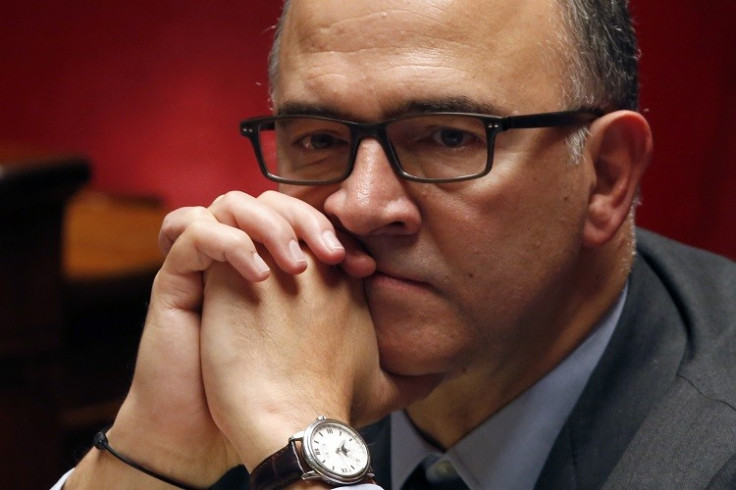Panama Papers: EU threatens sanctions against Panama and other tax havens

The European Union has threatened to impose sanctions on Panama and other tax havens if they do not cooperate fully in fighting money laundering and tax evasion. Pierre Moscovici, European Commissioner for Economic and Financial Affairs, Taxation and Customers, criticised countries like Panama that facilitated the setting up of such secretive and low-tax accounts.
Referring to the Panama Papers leak which showed that the small country still remains a key destination for those who wished to hide their money, Moscovici said: "People are fed up with these outages. The amounts of money, the jurisdictions and the names associated with this affair are frankly shocking."
Panama is listed by the EU as a country that is not cooperative on tax issues, Associated Press reported. Moscovici urged the country to "rethink its position in this regard."
He said that the EU has to "be ready to hit them with appropriate sanctions if they refuse to change." However, the Central American country has offered to cooperate more. On 6 April, President Carlos Varela announced the establishment of an international committee of experts to recommend ways to boost transparency in Panama's offshore financial industry.
Varela however was quick to defend his country against what he described as a "media attack" by wealthy nations that he says are ignoring their own deficiencies and were unfairly stigmatising Panama.
In an interview with the AP, Ramon Fonseca, the co-founder of Mossack Fonseca, the law firm at the centre of the 11.5 million documents leak said on 7 April that the only law that had been broken so far was the right to his clients' privacy. He said the biggest source of secretive shell companies is Europe and the US.
"If a company in England has problems nobody says anything against England, but when it happens to a firm in Panama it's a big problem and the entire world beats up on poor Panama," he said. He said that his company set up 20,000 shell companies per year. It also rejects about 70 to 80 clients due to conflicts that crop up during due diligence.
"We're not perfect and some surely escape by. But in all our years in business we've never been accused or condemned by a court," he said.
© Copyright IBTimes 2025. All rights reserved.




















